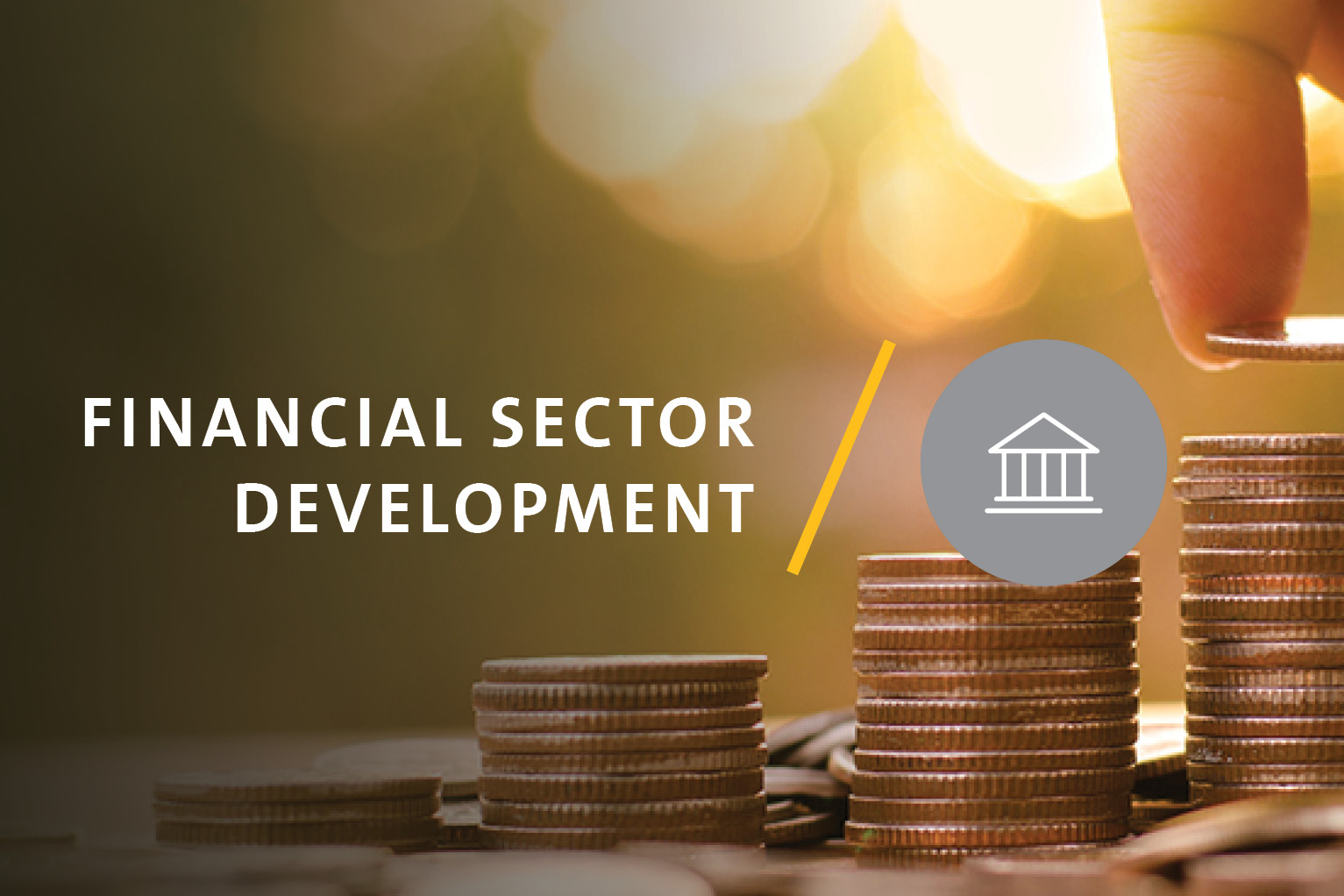
Background:
Small and medium-sized enterprises (SMEs) are the backbone of a strong economy and create jobs for millions of people. Their capacity for innovation and their ability to adapt to an ever-changing business environment makes them a vital building block for economic growth and prosperity. SMEs are of particular importance in Egypt, which has long been the largest SME hub in the MENA region (Middle East and Northern Africa). Many entrepreneurs lack the management and technological experience to lead businesses in the growth process and increasing number of employees and to position them in national and international competition. Business activities of women entrepreneurs are particularly limited because they have even more limited access to financial services or lack experience in dealing with finances in general (financial illiteracy) due to socio-traditional norms and limited mobility outside the household.
Despite their substantial economic value, the situation of Egypt’s SMEs is hampered by the lack of access to formal financing instruments; the financing gap is still estimated at around EUR 1.3 billion annually. There is a lack of close cooperation of the supply and demand sides to ensure needs-based business financing for the private sector in innovative, job-creating sectors and value chains. The lack of access to suitable financial products is hindering the growth and expansion of SMEs. Only about half of all SMEs have a banking relationship and only one in five has access to credit. Securing formal financing often requires SMEs to undergo long and tedious procedures, causing many to resort to informal funding channels – i.e., borrowing from relatives or friends.
Objectives:
The main goal of this assignment: Under the project Private Sector Development and Innovation (PSI) access to finance for SMEs shall be improved through an integrated demand-supply side approach.
On the demand side, the PSI project engages with lead companies from different sectors with a focus on food processing, mechanical and electrical engineering, chemical manufacturing and processing, printing, and packaging industries. PSI not only engages with lead companies but aims to improve the value chains around lead companies and puts a focus on developing suppliers, distributors, and business development service (BDS) providers/platforms. On the supply side (financial sector), the PSI project aims to improve the sectorial knowledge of the financial sector in Egypt about Value Chain Financing and aims to offer Technical Assistance programs for financial institutions.
Tasks to be performed:
The consultant will be asked to deliver these specific work packages:
Work Package | Name | Target group | Delivery method | Approx. Resource allocation |
1 | The Value Chain Finance Consulting Facility: to consult Egyptian SME & suppliers & lead companies to build capacities in financial management. | Egyptian SME & suppliers & lead companies (Egyptian & multinational) | Hybrid with company visits on the ground | 15 % |
2 | Financial Services Consulting Facility: support Egyptian BDS provision platforms and non-financial services providers in gaining basic understanding of financial services and products. | Egyptian business development service (BDS) providers/platforms | Hybrid with company visits on the ground | 15% |
3 | The Value Chain Finance Training: a high-quality series of webinars to improve the knowledge of the financial sector related to Value Chain Finance. | Egyptian financial sector institutions | Virtual | 15 % |
4 | The leadership program: to target decision makers in the financial sector and equip them with knowledge and skills of modern leadership approaches, value chain finance basics and digital transformation in the financial sector. | Egyptian financial sector institutions | Physical, digital check-ins possible | 10 % |
This is a hybrid assignment with parts of the assignment carried out remotely and other parts in Egypt (international travel depending on the Covid-19 situation). WP 3 is digital only – all other WP are hybrid.
Tasks:
- Depending on the qualification of the respective expert support the Key Experts 1-3 in the five work packages.
- Provide virtual or on-site technical input depending on the needs.
- Education/training: All experts with a university degree (Master) in Banking and Finance or Business Administration or STEAM field of studies.
- Language: All experts with knowledge of English C2 and 2 experts with knowledge of Arabic C2 in the Common European Framework of Reference for Languages.
- General professional experience: All experts with each 5 years of professional experience in the financial sector (except marketing and communication expert)
Development cooperation (DC) experience: All experts with jointly 5 years of experience in DC
Submit your latest CV here. Please note that only shortlisted candidates will be contacted.
